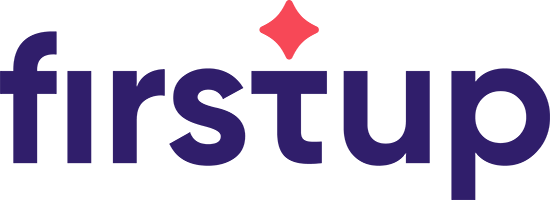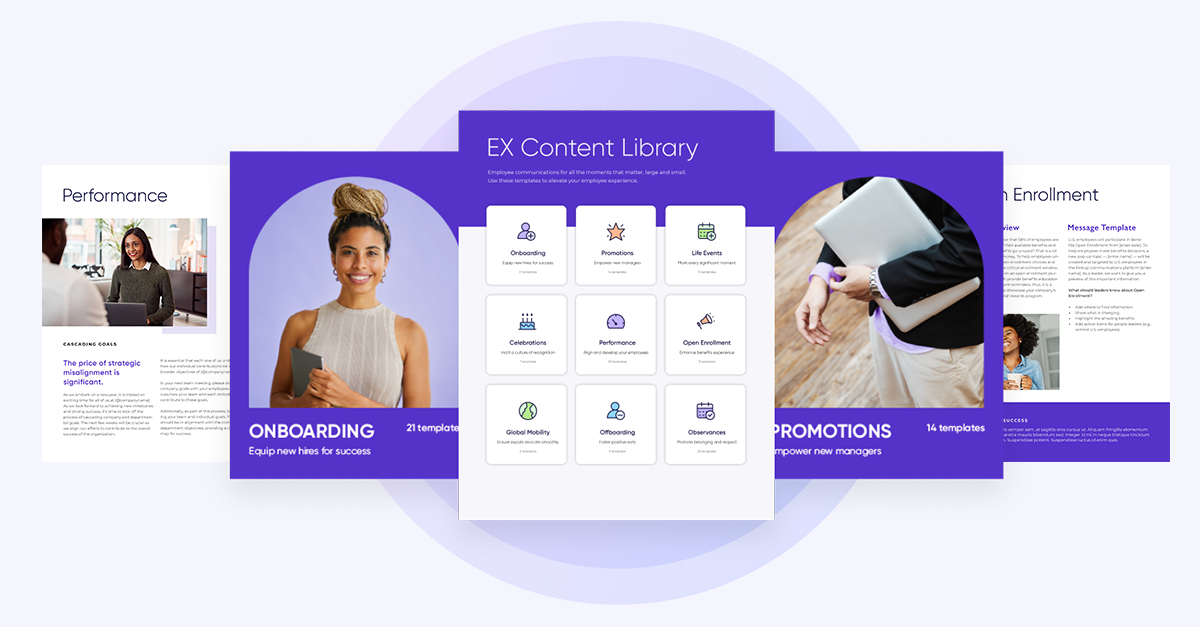Company culture is critical stuff. According to research by Deloitte, 93% of respondents believe a distinct corporate culture is important to a business’ success.
This is especially true when a digital transformation is in play. In fact, culture is often identified as a leading barrier to digital transformation for business leaders. And that means CIOs are now being asked to bear some responsibility for company culture. As Kristin Moyer, distinguished VP analyst at Gartner, explains, CIOs will be as responsible for culture as chief human resource officers.
Why are businesses experiencing a digital transformation?
Yes, it’s yet another hat for CIOs to wear, along with addressing technology strategy and acquisitions, compliance, cybersecurity, training, budgets, and collaborating with other senior executives in driving the business itself. As CIO Dive noted recently, if digital transformation is to be successful, it then becomes up to CIOs to change the culture through small, yet meaningful actions that can shape new mindsets.
Think about it. Any new technology, as awesome and efficient as it has the potential to be, is going to have a huge impact on employees—and they may not be as immediately enthusiastic as decision-makers about the learning curve and imposition of change on their work life.
In short, in the nexus between the enterprise vision and the employee experience is workplace culture.
For CIOs, culture can be about creating an environment that promotes learning, change, and growth—all of which are critical to employees positively embracing an ongoing digital transformation.
CIOs have always considered employees as their “customers, ”but this has traditionally been true exclusively in the realm of helping employees get comfortable with new technology. Are CIOs ready to facilitate the employee experience as well?
Leigh McMullen, VP analyst at Gartner says, CIOs should think of their culture as an “employee experience program.” The experience encompasses collaborative work and includes (in addition to connecting teams, metrics, and experiences) communications.
The digital transformation framework
So, what does this look like? First, you have to institute internal communications that support and embrace the workforce. Your communications must help employees feel connected to and invested in the organization. It must also keep them motivated to help meet business goals to drive success.
If most employees feel disconnected from the business and don’t understand why decisions are being made, the organization’s program is likely to fail. To counter that, you need to reach every employee at every level and in every geography and provide them with relevant information. This includes the following.
- A comprehensive workforce communications platform that integrates with other systems to streamline workflows and finally engages hard-to-reach frontline or deskless employees. It could include email, newsletters, branded mobile app, and intranet.
- Engaging content that doesn’t just “tell.” It must turn employees into actors so they can successfully convey the company’s story. When employees have a role and a voice, they invariably become stakeholders in the success of the digital transformation initiative.
- A means of measuring engagement and success. Any comprehensive internal communications strategy should include the ability to corral and analyze detailed metrics and feedback. It’s the best way for communicators—like CIOs engaged in promoting culture—to determine how effective they’re being and improve communications at every step across the organization.
It takes a strong, vibrant culture to help employees embrace change and embrace the greater vision. An astute CIO will understand and embrace his or her impact on company culture. Through an engaging communications program, any CIO can turn all employees into champions for success.






